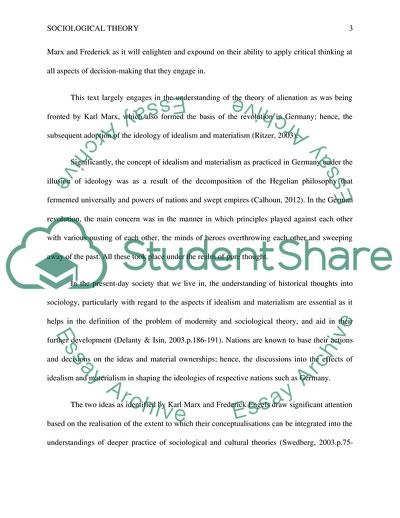Cite this document
(The Development of Sociological Theory Article Example | Topics and Well Written Essays - 2250 words, n.d.)
The Development of Sociological Theory Article Example | Topics and Well Written Essays - 2250 words. https://studentshare.org/sociology/1847169-sociological-theory
The Development of Sociological Theory Article Example | Topics and Well Written Essays - 2250 words. https://studentshare.org/sociology/1847169-sociological-theory
(The Development of Sociological Theory Article Example | Topics and Well Written Essays - 2250 Words)
The Development of Sociological Theory Article Example | Topics and Well Written Essays - 2250 Words. https://studentshare.org/sociology/1847169-sociological-theory.
The Development of Sociological Theory Article Example | Topics and Well Written Essays - 2250 Words. https://studentshare.org/sociology/1847169-sociological-theory.
“The Development of Sociological Theory Article Example | Topics and Well Written Essays - 2250 Words”. https://studentshare.org/sociology/1847169-sociological-theory.


